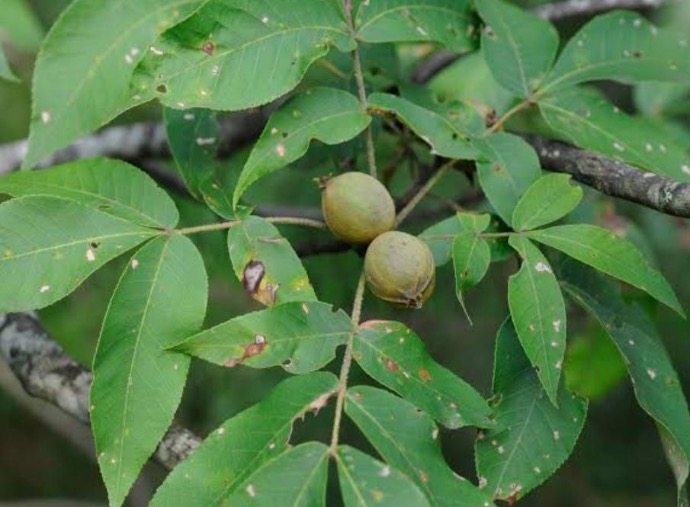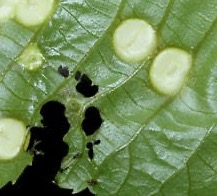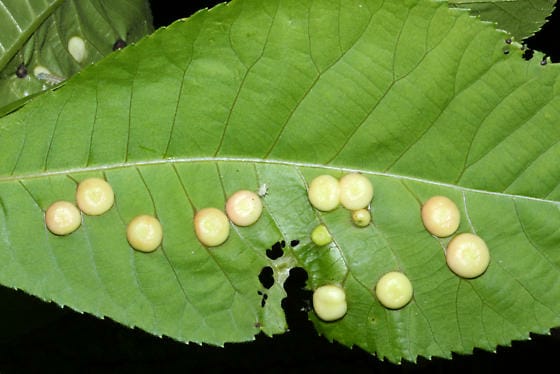Pignut Hickory
Pignut hickory trees, 50-80 feet tall in Zones 5-9, exhibit moderate growth in well-drained soil and full sun. The pignut hickory nuts are edible, though they are smaller and less sweet than some other hickory varieties.
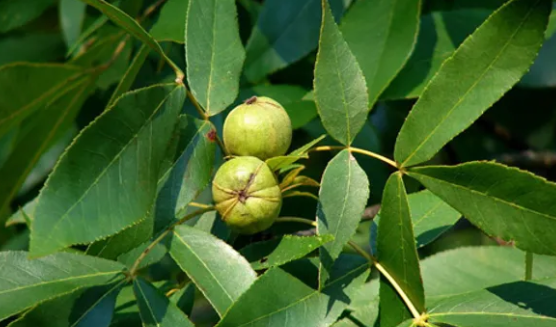
Habit
Tree
Height
12 to 18 m
Growth
Moderate
Soil
Well-drained, Sandy Loam
Shade
Full Sun
Moisture
Moderate
Edible
Yes
Medicinal
No
Origin
Partial shade
Climatic Condition
Moderate
Temperature (°)
No
Humidity (%)
Yes
Potting media
Partial shade
Fertilizers
Moderate
Watering
No
Plant Weight
Yes
Flowering Time
Summer to Fall
Soil Ph level
6.0 to 7.5
Water Ph level
6.0 to 7.0
Soil EC
0.6 to 1.0 mS/cm
Yield Per Plant
100 to 200 kg per tree
NPK ratio
10:10:10
life Span
50 to 100 years
Health Benefits
High in Nutrients, Timber
Suggested Grow Media or Potting Mix ?
50% loamy soil, 30% compost, 20% sand
Suggested Fertigation/Fertilizers
Fertilize every 6 weeks with a balanced, slow-release fertilizer.
Common Diseases and Remedies
leaf spot , leaf galls
small swelling or knobs appears on the leaves, stems, and flowers
spray neem oil
HEALTH BENEFITS
· Nutrient-Rich Nuts: High in healthy fats, protein, and minerals.
· Heart Health: Contains omega-3 and omega-6 fatty acids.
· Energy Boosting: Nuts provide long-lasting energy.
What Is A Pignut Hickory Tree?
(Carya glabra) is a large tree that can grow up to 100 feet tall. It has a tall, narrow crown, a tapering trunk, and an open, oval crown of slender branches. The pignut hickory's bark is usually gray in color, large deciduous tree that can grow up to 80 feet tall and 40 feet wide.
 What Are The Different Types of Pignut hickory plants?
What Are The Different Types of Pignut hickory plants?
1.Shellbark hickory :-
Also known as the king nut hickory, this large tree can grow to a height of around 75 feet and has a straight trunk and a rounded crown.
2.Mockernut hickory:-
Also known as Carya tomentosa, this tree is common in the eastern half of the US and can live up to 500 years.
3.Shagbark hickory:-
Also known as Carya ovata, this tree can be identified by its shaggy, peeling grey bark.
4.Pecan hickory:-
Also known as Carya illinoinensis.
5.Bitternut hickory: -
Also known as Carya cordiformis.
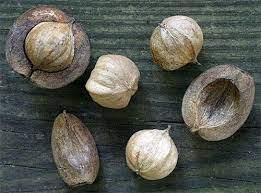
How to care for Pignut hickory plants?
1.Location :-
Pignut hickory (Carya glabra) grows best in full sun to partial shade in humusy, rich, moist, well-drained soils.
2.Sunshine :-
Pignut hickory trees need at least four hours of direct sunlight per day to thrive.
3.Soil :-
Pignut hickory can grow in a variety of soil conditions, including moist sandy, loamy, and clay soils.
4.Hydration :-
Pignut hickory trees need 2.5 cm of water per week when dry and hot. When the top 2-3 inches of soil is dry, water the plant thoroughly and let the soil drain completely.
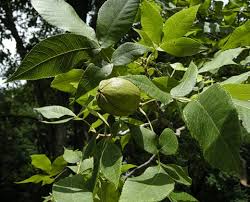
5.Nourishment :-
Pignut hickory trees need a balanced fertilizer with all three main nutrients, such as 10-10-10 NPK.
6.Issues :-
An insect pest that can cause serious problems if infested. Hickory bark beetles are present in all areas of the United States where hickory species grow. Can eat a lot of foliage in the summer and fall, but don't cause lasting damage. Common on the leaves, but don't cause much damage.
What are the benefits of Pignut hickory plants?
Pignut hickory wood is heavy, hard, strong, tough, and elastic. It's used for a variety of products, including broom handles, wagon wheels, sporting goods, agricultural implements, and tool handles. Americans used pignut hickory sap as a sweetener, its young shoots for headaches, and its bark for muscle pain relief.
 FAQ's About Growing Pignut Hickory
FAQ's About Growing Pignut Hickory
1.What is the scientific name for the pignut hickory?
The pignut hickory's scientific name is Carya glabra.
2.What is the pignut hickory's height?
Pignut hickory trees can grow up to 100 feet tall.
3.What is the pignut hickory's bark?
The pignut hickory's bark is usually gray in color.
4.What are the pignut hickory's leaves?
The pignut hickory's leaves are serrated, pinnately compound, and have a rich green color on top. In the fall, the leaves turn to a pale yellow or light orange color.
5.What is the pignut hickory's nuts?
The pignut hickory's nuts are high in fat and protein, and are eaten by bears and other mammals. The nuts produced by the pignut hickory are bitter.
